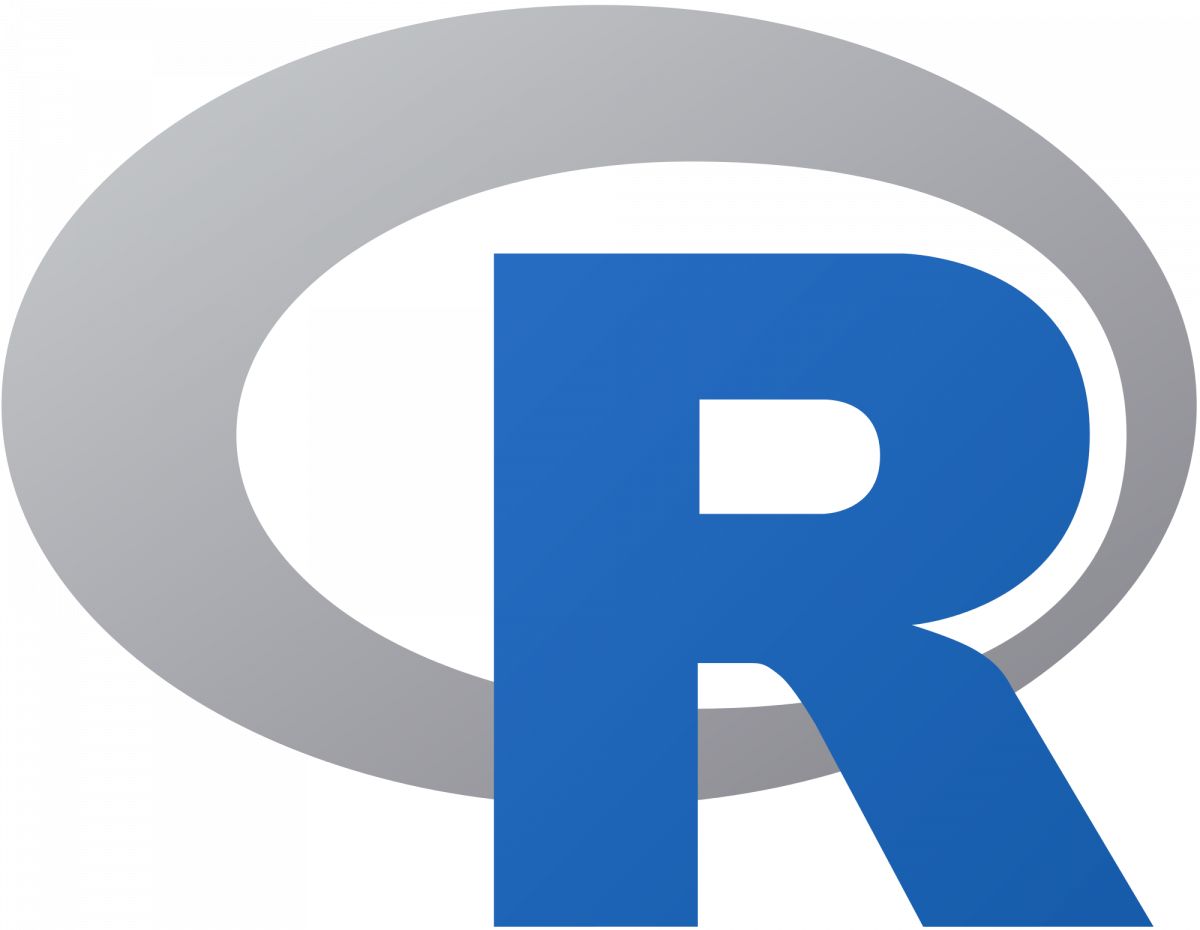
This course is intended for those who have basic knowledge and experience with R, and would like to further advance or develop their experiences with advanced statistical methods in R. The course would also be suitable for people familiar with these statistical methods in other packages, but with no prior experience using R.
Dr Mark Griffin is the Director of Insight Social Research & Statistics (https://www.insightrsa.com/industry-social-research). Insight focuses on research methodologies (including survey design and statistics) for public health, monitoring and evaluation for government and non-government organizations, and academic research. Insight has a secondary interest in providing IT services (as a Microsoft Business Partner).
Insight is based at the Gold Coast Health and Knowledge Precinct. The Precinct contains Griffith University Gold Coast, the Gold Coast University Hospital, the Gold Coast Private Hospital, and the Cohort and Lumina tech parks. Insight provides research, consulting, training, and IT support services for clients across the Precinct and for the broader international community.
To date he has presented over 100 two-day and 40 five-day workshops in statistics around Australia
R is a free software environment for scientific and statistical computing and graphics that runs on all common computing platforms. An active and highly skilled developer community works on development and improvement. It has become an environment of choice for the implementation of new methodology. It is at the same time attracting wide attention from statistical application area specialists. The powerful and innovative graphics abilities available in R include the provision of well-designed publication-quality plots.
The first day of this course will focus on the R software environment, the remaining days of this workshop will focus on learning advanced statistical methods with R.
Day 1
The R software environment:
- what does the R window look like,
- help screens in R,
- data objects and data types in R,
- importing and exporting data from R,
- R packages,
- writing your own R scripts,
- data visualisation in R.
Day 2
-
Linear, logistic and Poisson regression - Including odds ratios, incidence rate ratios, and regression diagnostics
Day 3
- Analysis of Variance
- Factor analysis – including factor rotations, uniqueness and commonality
- Longitudinal data analysis - and generalized estimating equations
Day 4
- Mixed effects models for longitudinal and clustered data.
- Clustering techniques – k means clustering, cluster linkage, and dendrograms
- Missing data and multiple imputation
Day 5
- Clustering Techniques - k means clustering, cluster linkage and dendograms
This course may run in a computer lab, or you may be advised to bring your own laptop with specified software.
We will let you know in advance.
Approximately half of the time in this workshop will be spent in PowerPoint seminars, and the other half will be spent in computer demonstrations and self-paced computer exercises (using datasets publicly available within R).
This course is intended for three different demographics
- Participants who have a basic knowledge and experience with statistical methods in R, and would like to further develop this statistical expertise.
- Participants who have completed a basic course on statistical methods in R with ACSPRI, and would like to take their skills to the next level
- Participants who have some familiarity with these statistical methods in other software (eg SPSS, SAS or Stata), and who wish to learn how to use these methods in the R system (potentially as new R users).
A basic knowledge of statistics is assumed. No prior knowledge of the statistical methods taught in this course or any prior experience with R is assumed, though students with prior knowledge will be better suited to tackle the more advanced topics in this workshop.
Participants must be comfortable with typing commands at the command line.
Maindonald, J.H. and Braun, W.J. (2010). Data Analysis and Graphics Using R. An Example-Based Approach. 3rd edn, Cambridge University Press.
Q: Do I have to have any prerequisites to do this course?
A: Yes see recommended background section.
Q: Is R really free and publicly available?
A: For sure. R has been / is being developed by an online community of statisticians and programmers around the world that have made all of their work available for the benefit of users.
Q: Can I download and install R prior to the workshop?
A: Yes, please visit https://cran.r-project.org. It is assumed that most if not all participants will not have installed R prior to the workshop, though there may be a couple of eager participants who want to make a head start.
Made it easy to understand (Summer 2018)
I’m going to utilize the skill I learnt here in my every day job. (Summer 2018)
Mark provided a reasonable balanced of self-guided work with interactive lectures- it was very well paced! (Winter 2017)
Got a good introduction to some important techniques in R and how they can be used in real world settings. (Winter 2017)
The instructor's bound, book length course notes will serve as the course texts.
